India’s aviation world faces major developments as the Directorate General of Civil Aviation (DGCA) issued stern warnings to Air India. The regulatory body threatened license suspension following multiple safety violations and operational lapses.
DGCA Threatens to Suspend Air India: Safety Concerns Mount Against National Carrier
Your understanding of aviation safety becomes crucial when examining Air India’s recent track record. The airline faces scrutiny after several incidents raised questions about operational standards and maintenance protocols.
Aviation experts point toward multiple violations that triggered regulatory intervention. These lapses include maintenance delays, crew scheduling irregularities, and documented safety protocol breaches across various operational areas.
The DGCA’s tough stance reflects growing concerns about Air India’s ability to maintain international aviation standards consistently.
Regulatory Actions and Immediate Consequences
The aviation regulator outlined specific areas where improvements must occur immediately. Safety management systems require urgent upgrades, while maintenance protocols need a comprehensive review and implementation.
Key violations identified include:
- Inadequate pilot training documentation
- Delayed aircraft maintenance schedules
- Insufficient crew rest period compliance
- Poor safety reporting mechanisms
Your awareness of these issues helps you understand why regulatory bodies take such strong action against major carriers.
Industry Impact and Passenger Concerns
Passengers planning to travel with Air India should monitor these developments closely. The potential license suspension could affect thousands of bookings across domestic and international routes.
Aviation industry sources indicate that such regulatory action rarely occurs without serious underlying safety concerns. The DGCA’s warning serves as both a punishment and an opportunity for course correction.
Your travel plans might require adjustment if the situation escalates further. Alternative booking options should remain available through other certified carriers operating similar routes.
DGCA Threatens to Suspend Air India: Air India’s Response Strategy
The national carrier acknowledged receiving regulatory notices and committed to addressing identified violations promptly. Management teams are working with DGCA officials to resolve outstanding issues.
Company officials state their commitment to safety while implementing corrective measures across all operational areas. These steps include enhanced training programs, improved maintenance scheduling, and better compliance monitoring systems.
Your confidence in the airline depends largely on how effectively these improvements are implemented and maintained over time.
Historical Context of Aviation Violations
This situation isn’t unprecedented in India’s aviation sector. Several carriers have faced similar regulatory scrutiny when safety standards slip below acceptable levels.
The DGCA maintains strict oversight of all Indian carriers, regardless of their size or historical significance. Past enforcement actions have successfully improved safety records across the industry.
Your safety as a passenger remains the primary concern driving these regulatory interventions and enforcement actions.
Financial Implications for Air India
License suspension would create significant financial strain on the already struggling national carrier. Revenue losses from grounded flights could reach millions of dollars daily.
Insurance costs might increase substantially following regulatory action, while investor confidence could decline further. These financial pressures add urgency to compliance efforts.
Market analysts suggest that swift corrective action could minimise long-term damage to the airline’s reputation and financial standing.
DGCA Threatens to Suspend Air India: International Aviation Standards
Global aviation authorities closely monitor such regulatory actions by member countries. The International Civil Aviation Organisation (ICAO) maintains oversight of national aviation safety standards worldwide.
Your understanding of international standards helps appreciate why domestic regulators must maintain strict compliance requirements. Airlines operating internationally face additional scrutiny from foreign aviation authorities.
These global connections mean that domestic violations can affect international route approvals and operating permissions.
Timeline for Resolution
The DGCA typically provides specific deadlines for addressing identified violations. Air India must demonstrate compliance within prescribed timeframes to avoid license suspension.
Regulatory sources indicate that partial improvements won’t satisfy requirements. Comprehensive compliance across all identified areas remains mandatory for maintaining operating certificates.
Your patience during this resolution period may be necessary as the airline works through the required improvements systematically.
DGCA Threatens to Suspend Air India: Future Outlook for Air India
The airline’s privatisation process adds complexity to current regulatory challenges. New ownership structures must address both compliance issues and operational improvements simultaneously.
Industry observers remain cautiously optimistic about Air India’s ability to resolve these challenges. The carrier’s historical significance provides motivation for successful resolution.
Your continued support for improved aviation safety standards helps ensure that all carriers maintain high operational standards consistently.
Conclusion and Next Steps
The DGCA’s strong stance demonstrates a commitment to aviation safety above commercial considerations. This regulatory action serves broader industry interests by maintaining high safety standards.
Passengers should stay informed about developments while supporting efforts to improve aviation safety across all carriers. The situation requires careful monitoring as resolution efforts progress.
Your awareness of these issues contributes to a broader aviation safety culture that benefits all travellers in India’s growing aviation market.

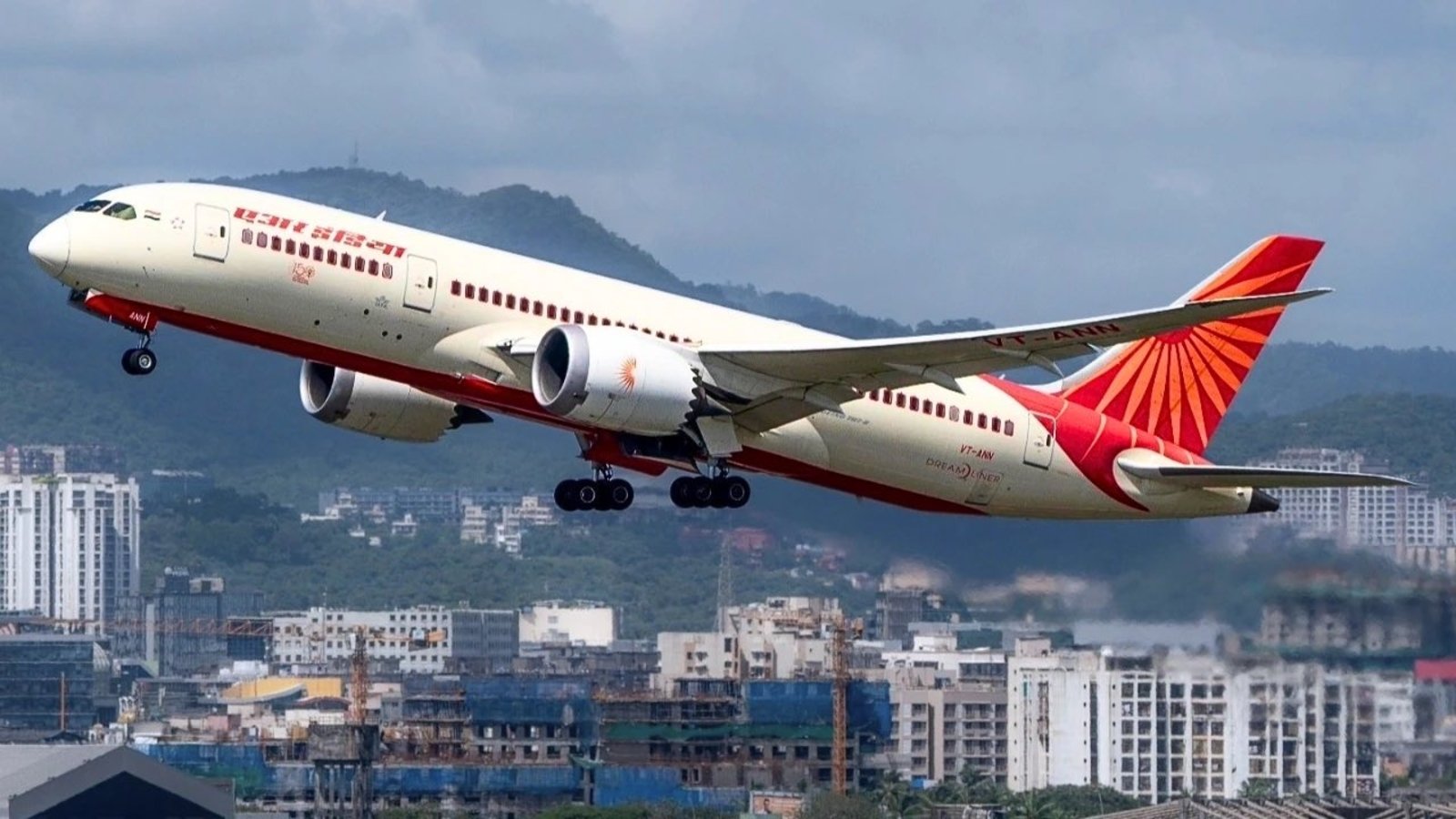
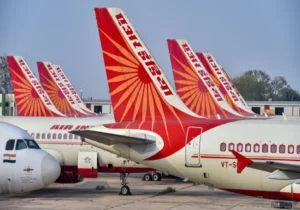
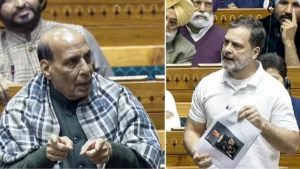
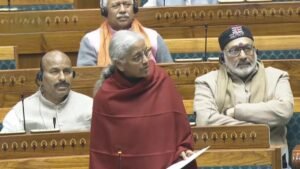

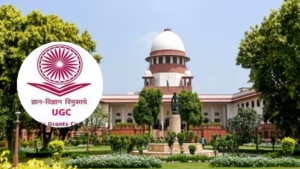

Be First to Comment